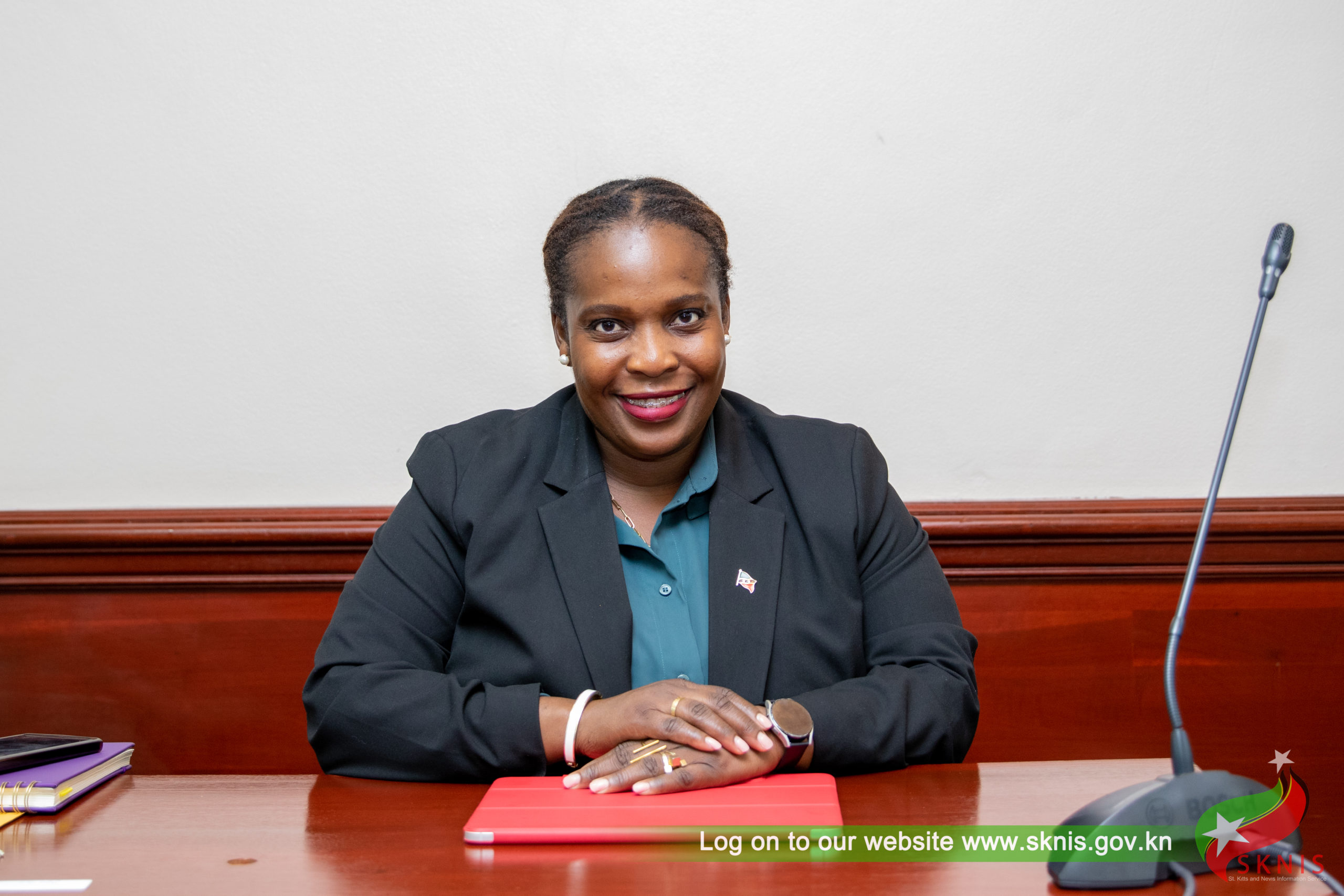Public Sentiment Increasingly Favors Alternatives to Single-Use Plastics
The twin-island nation of Saint Kitts and Nevis is witnessing a significant shift in public behavior regarding the consumption and importation of single-use plastics. A ban on several common plastic items, implemented in phases, has spurred a noticeable reduction in the importation of these products. This positive trend is supported by shipping data analysis conducted by the Customs and Excise Department, which reveals a substantial decline in the influx of banned items such as plastic shopping bags, styrofoam food containers, and plastic straws. This reduction signals growing compliance with the ban and a shift in consumer preferences towards more sustainable alternatives.
The government’s commitment to promoting responsible consumption and production, aligning with Sustainable Development Goal 12, is a driving force behind this progress. Minister of Sustainable Development, Environment and Climate Action, Senator Dr. Joyelle Clarke, has lauded the declining import numbers as a testament to the effectiveness of the ban and the growing awareness among businesses and consumers about the environmental impact of single-use plastics. The government is actively encouraging businesses to adopt eco-friendly alternatives by offering duty-free concessions on these products. This incentive aims to further accelerate the transition away from plastics and foster a more sustainable business environment.
To streamline the importation of alternative products, a new system has been established. Importers of bioplastics are required to obtain a license from the Department of Environment, ensuring regulatory oversight and compliance with environmental standards. However, importers of other suitable alternatives, such as paper, bamboo, and wood products, are exempt from the licensing requirement but still benefit from duty-free concessions. This streamlined approach facilitates the import of eco-friendly alternatives while maintaining necessary regulatory controls.
While certain single-use plastic items are already banned from importation—including plastic shopping bags, styrofoam food containers, plastic egg crates, and plastic straws—the local distribution ban is being implemented in phases. The local distribution of plastic shopping bags is already prohibited, reflecting the immediate focus on eliminating this ubiquitous source of plastic waste. The ban on the distribution of styrofoam food containers, plastic egg crates, and plastic straws will take effect on July 31, 2025, allowing businesses sufficient time to transition to alternative packaging and serving options.
The Department of Environment has played a crucial role in disseminating information about the ban and its implications to businesses and consumers. Through direct consultations and correspondence, particularly with small businesses and food establishments, the department has proactively clarified regulatory requirements and addressed any concerns. This ongoing stakeholder engagement ensures a smooth transition and facilitates widespread compliance with the ban.
The government expresses its sincere gratitude to the public and the business community for their cooperation and commitment to embracing a more sustainable future. The collective effort to reduce and eliminate single-use plastics demonstrates a shared responsibility towards environmental protection and a willingness to adopt environmentally sound practices. This collaborative approach sets a positive example and underscores the nation’s dedication to achieving its sustainability goals. The successful implementation of the ban, driven by public awareness and business adaptability, positions Saint Kitts and Nevis as a regional leader in the fight against plastic pollution.
Share this content:












Post Comment